| 世界的移住風潮:Gwinong 嚮往「歸農」的韓國青年 "Before, I only concentrated on how much money I could earn. The environment I was in before made me very materialistic, and I didn't have any time to think about other things in my life...Now, I start work when the sun rises, and stop once the sun sets. The quality of life here is better. I feel like I've found myself again." ⸺ 25歲的設計師 Jeon Joo Young 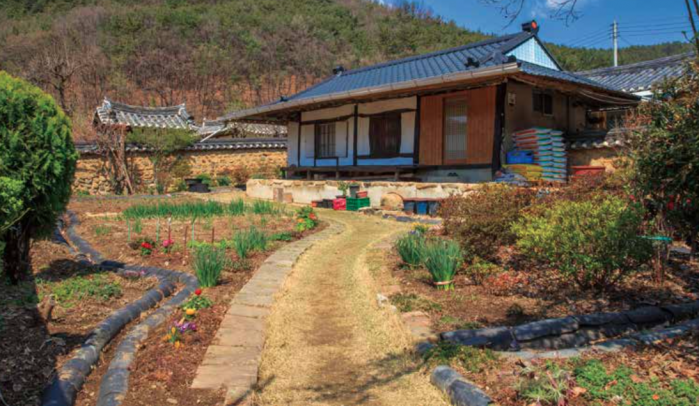
跟許多快速工業化的城市一樣,韓國 1970-80 年代 大量鄉村家庭移往城市;但是大城市高工時高壓的工作環境,讓不少年輕人厭倦都市生活,興起回到 鄉村的「歸農」念頭。韓國官方統計資料,2016年共有496,000人移居郊區,其中一半是30歲以下的年輕人。 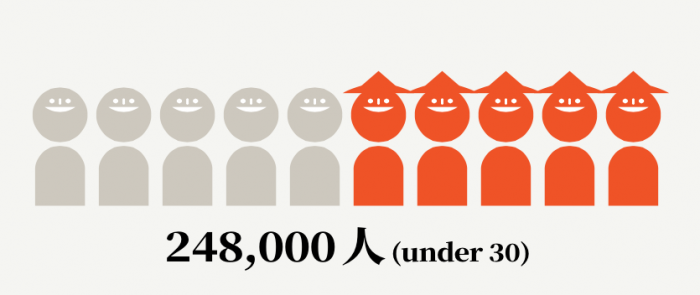
當紅綜藝節目加持 近幾年韓國的綜藝節目圈颳起「鄉村風」,製作人會無預警帶著藝人進入農村,組成臨時家庭,實際過起播種插秧、生火野炊的農村生活,一邊凸顯存村純樸溫暖的人情味,一邊向全世界推廣韓式美食。例如《兩天一夜》(2013)、《一日三餐》(2014)、《森林裡的小屋》(2018)。 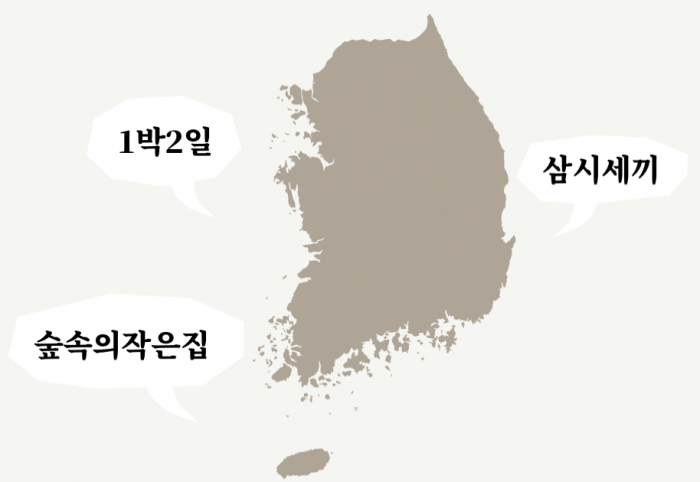
「歸農」的幸福生活 如果你查閱國家韓語字典會發現,「歸農」的定義,正是「做過其他事情的人,辭職返回農場的現象」。 這個現象對農村來說,實際的結果是:(1) 全國的農村增加了,(2) 位於鄉鎮的企業也增加了。但對歸農的人來說,套一句韓國作者Jang, Byung-yoon 的結論,追求「幸福感」其實才是歸農的根本理由。 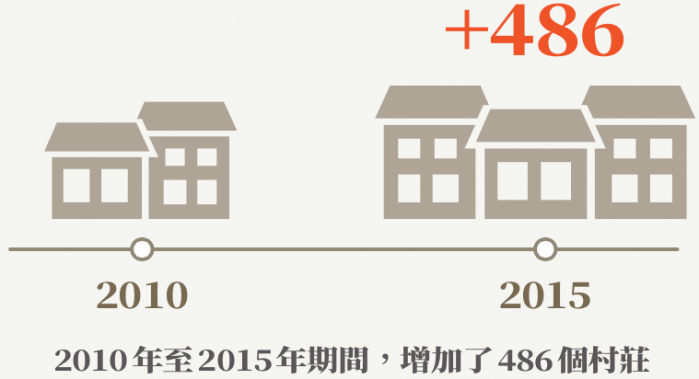
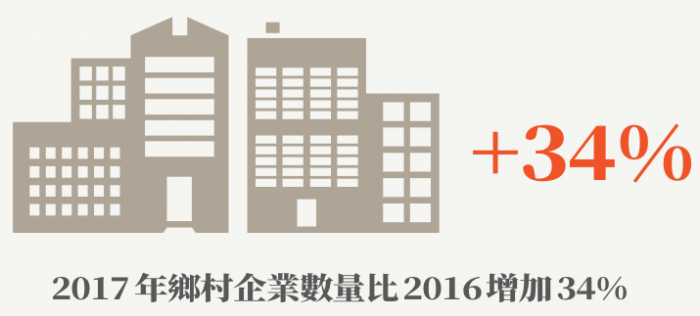
韓國歸農關鍵字:自然、健康、餘裕* 韓國農村經濟研究院 (KREI) 調查,選擇歸農的人,有58.2%的人認為歸農是「為了能在自然環境裡健康地生活」,有16.2 %的人認為「為了可以不被時間所束,縛自由自在地生活」,而其中回答「為了生計而從事農業」的人只有7.4%而已。 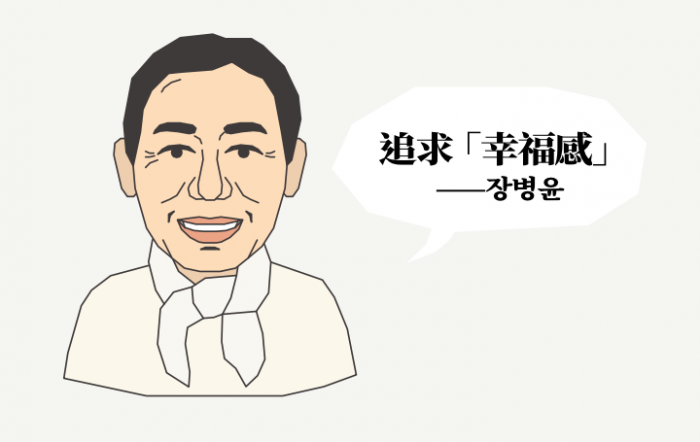
「移住」新名詞 韓國的移住風潮被稱為「귀원」(gwinong),意思是返回農村,翻成英文就是reverse immigrations或returntofarming。 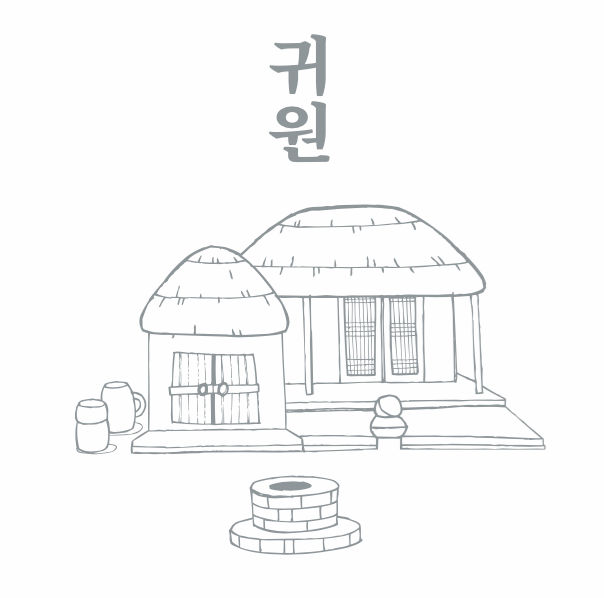
本文收錄於英語島English Island 2018年6月號
訂閱雜誌
 |